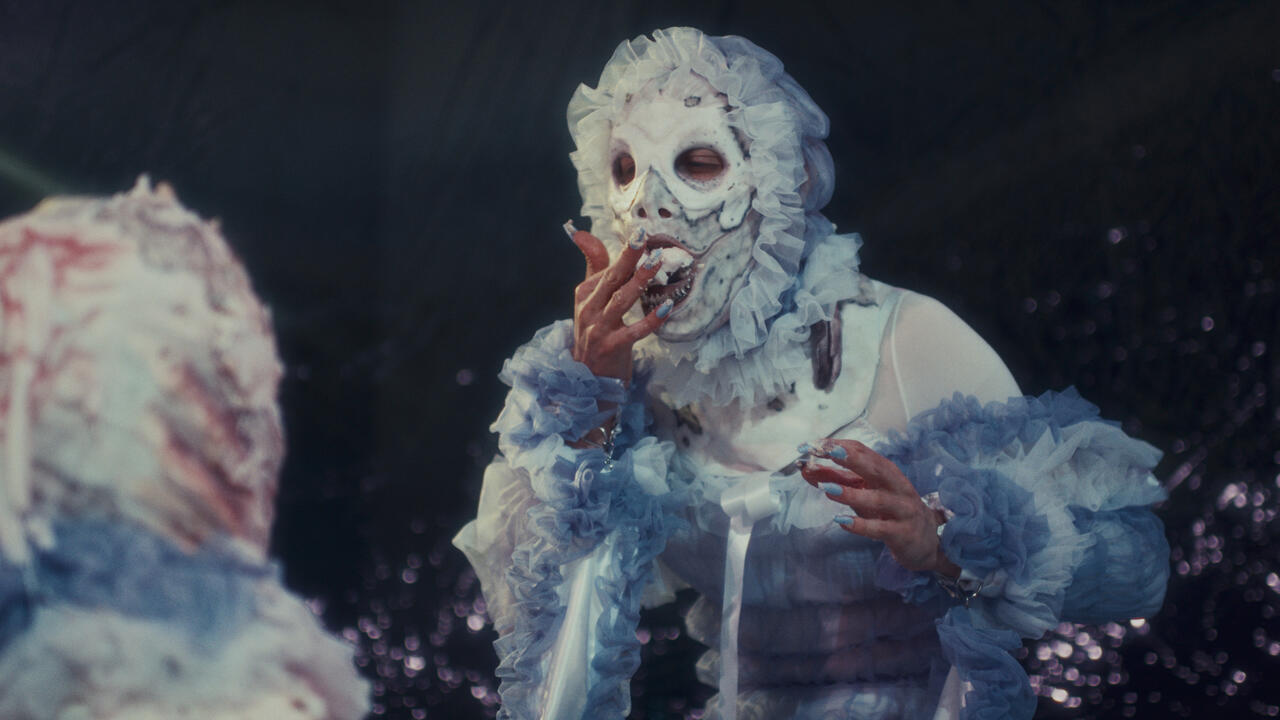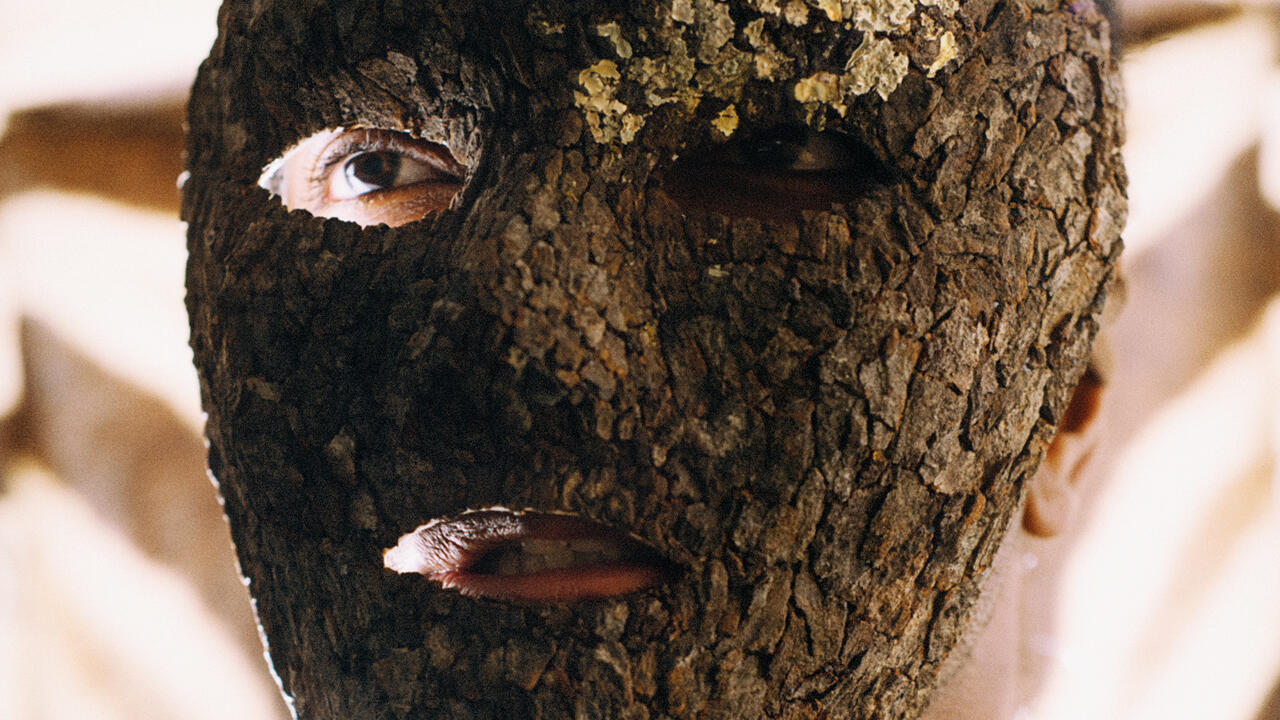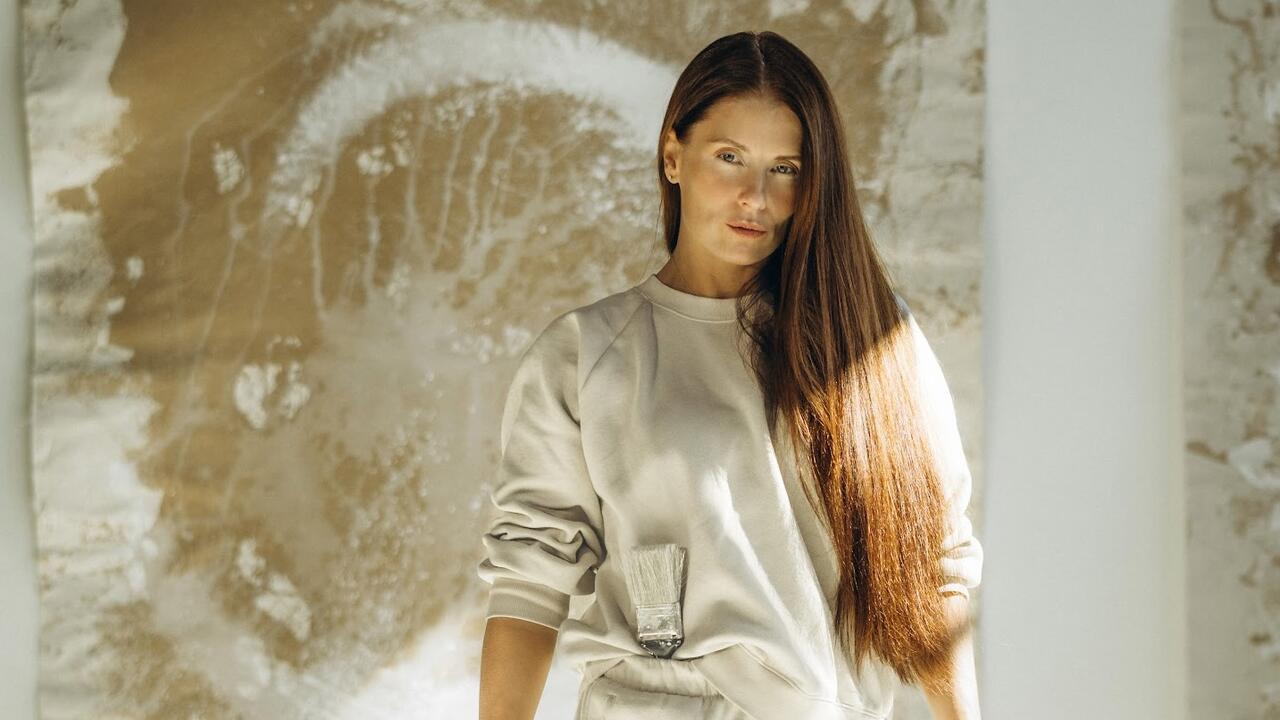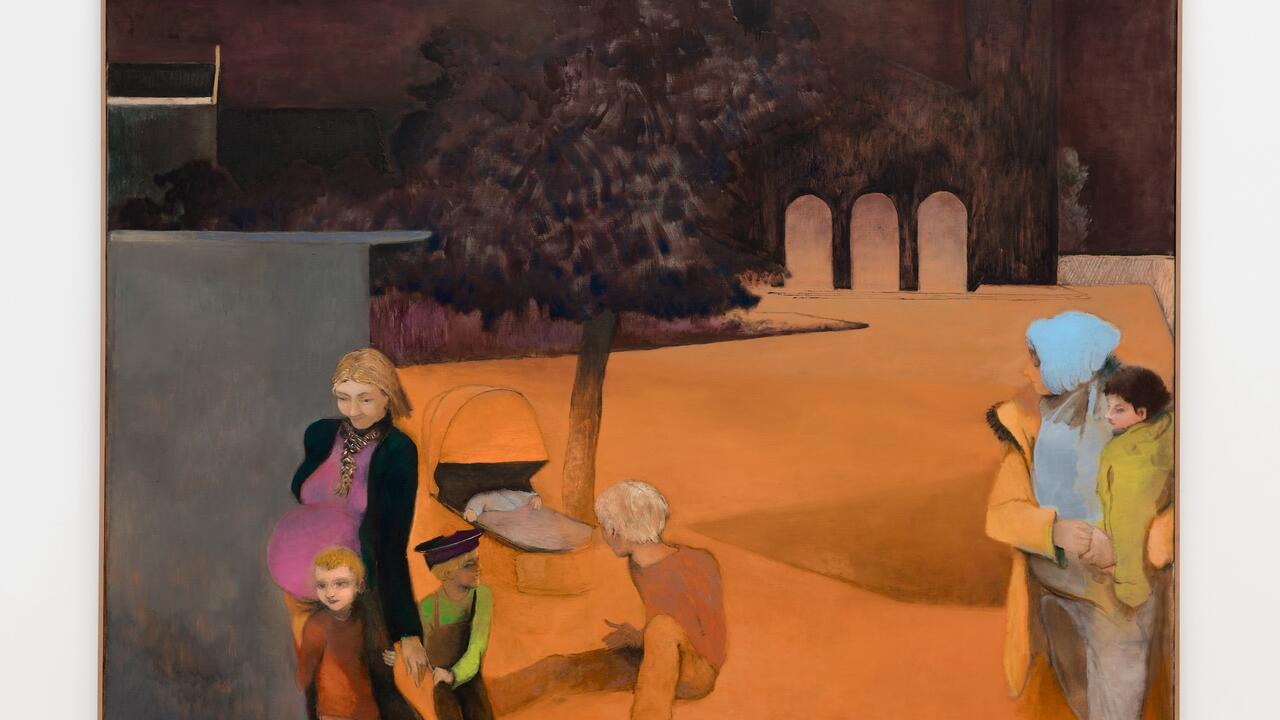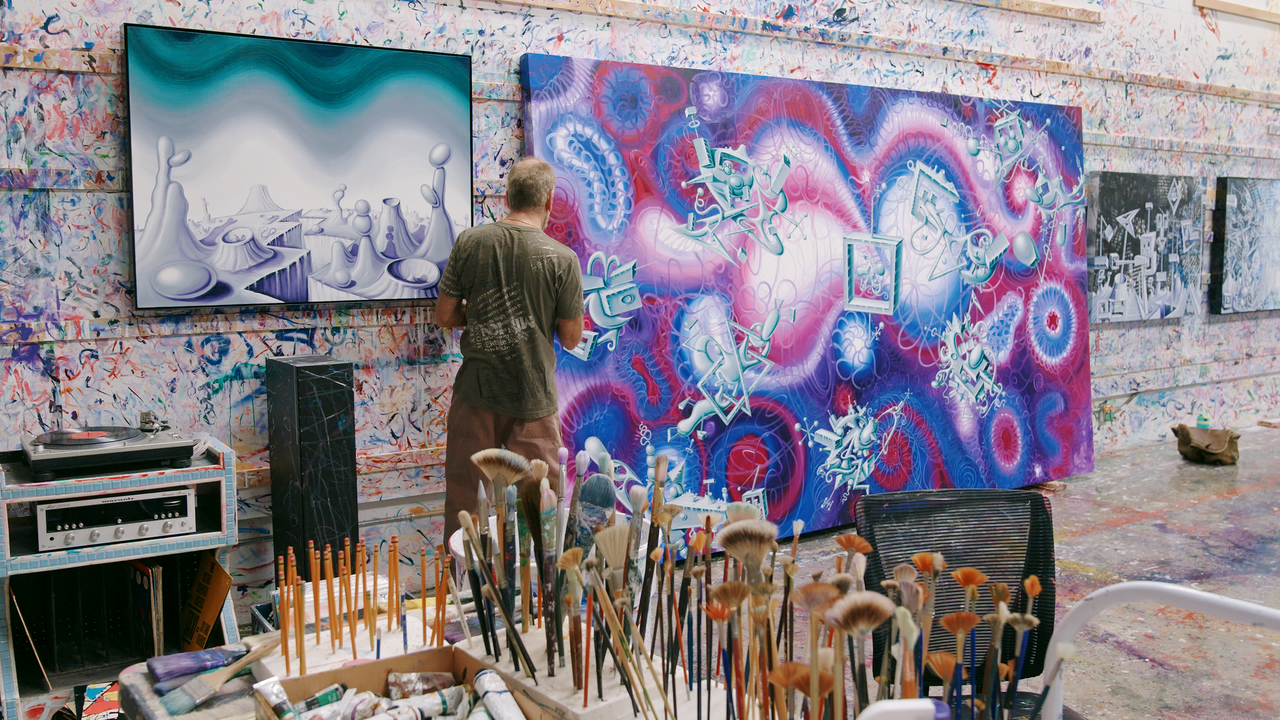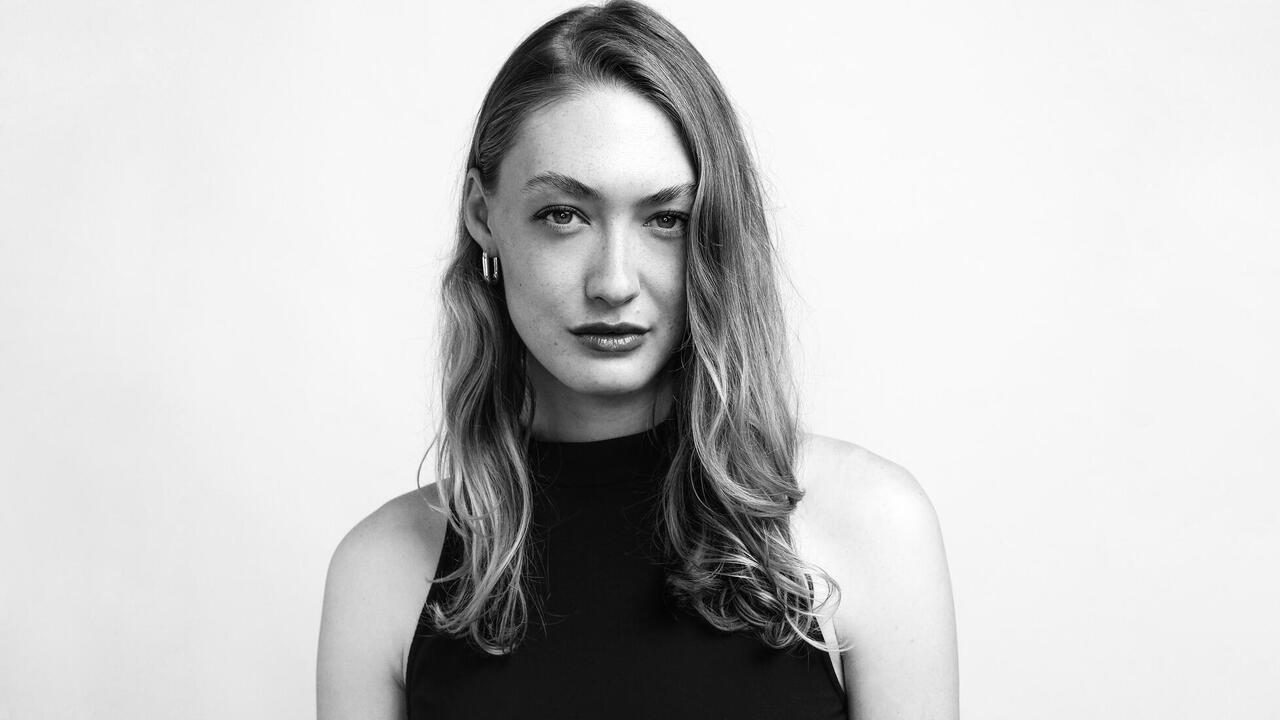Looking Forward: Julieta Gonzalez
From Zero to the art of 1968, what the Museo Jumex's Chief Curator is excited to see at Frieze Masters next week
From Zero to the art of 1968, what the Museo Jumex's Chief Curator is excited to see at Frieze Masters next week

I usually gravitate towards historical selections at art fairs, so at Frieze Masters 2017 I am drawn to three presentations that highlight important developments that took place during the 1960s: a foundational moment for art’s intersection with technology and radical politics, which is especially instructive for contemporary practices.
The presentation of the Zero group [Ben Brown Fine Arts, Frieze Masters, stand B13], curated by one of its founders Heinz Mack and including pieces culled from his personal collection, will surely offer an invaluable perspective on this group. Zero’s vision of cybernetics and technology as a lingua franca that could transcend the geopolitical divisions of the Cold War is echoed in other movements of the period such as Nouvelle Tendance and GRAV, as well as in our own time.

The built environment was often a field in which inquiries about the marriage of art and technology in the ’60s found expression, and was accordingly high on the agenda for radical practices in that decade. With this in mind, the coming together of radical architecture and radical politics in Massimo de Carlo’s [Frieze Masters, stand C7] presentation of work reflecting the social and political upheavals of 1968 in an environment designed by Superstudio feels relevant.

Looking across the Atlantic, I am also eager to see the selection of works by African American artists of the ’60s at Michael Rosenfeld [Frieze Masters, stand F15]. Radical politics were at the centre of the Black Power movement, and was accompanied by effervescent cultural manifestations in literature, film, and the visual arts, and these figures’ works will show.
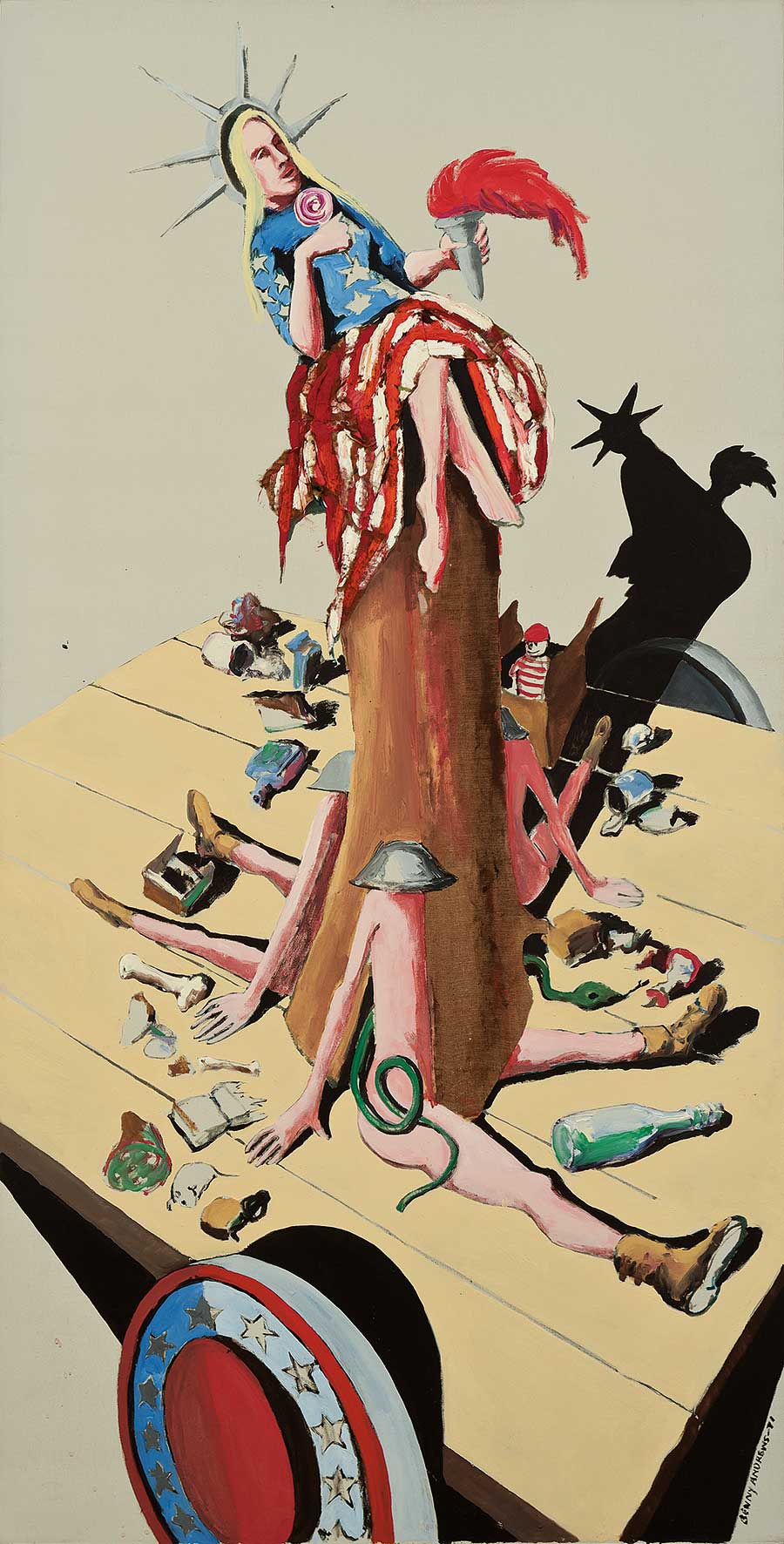
Tickets for Frieze London and Frieze Masters are available here





